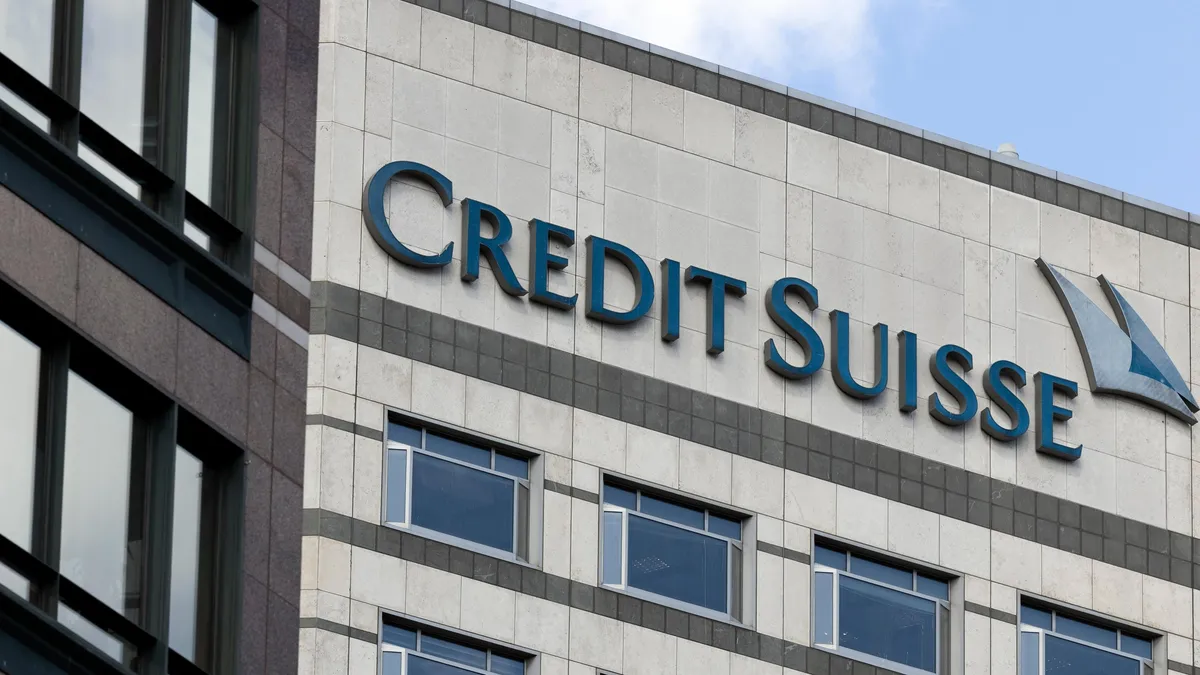Credit Suisse, Switzerland’s second-largest bank, has suffered a significant drop in its share value after its largest investor, Saudi National Bank, withdrew financial support due to regulatory constraints. The bank lost almost a quarter of its value in a single day, marking a new record low. Credit Suisse had previously received a 10% stake from Saudi National Bank after raising capital in 2022, but the bank cannot provide additional financial support due to regulatory issues.
Regulatory Constraints Prove a Challenge for Credit Suisse
The Saudi lender has committed to investing up to CHF 1.5 billion ($1.5 billion) but is prevented from exceeding the 10% limit due to regulatory constraints. Credit Suisse is seeking to recover from several scandals that have impacted investor and client confidence. It reported customer outflows of more than CHF 110 billion ($120 billion) in the fourth quarter of 2022.
UBS Benefits from Credit Suisse’s Troubles
The drop in Credit Suisse’s shares has raised concerns among investors about the resilience of the global banking system, resulting in broader equity markets falling sharply. Credit Suisse’s drop has reignited investor jitters following the collapse of Silicon Valley Bank (SIVB.O). However, Swiss rival UBS has benefited from recent market turmoil, with money inflows reported. According to Ralph Hamers, UBS’s CEO, the inflows are the result of a flight to safety but do not indicate a trend.
Also Read: Saudi Arabia Says Open to Trade in Other Currencies, a Sign of a Move Away From the Dollar
Credit Suisse Struggles with Material Weaknesses
Credit Suisse published its annual report for 2022 on Tuesday, highlighting material weaknesses in controls over financial reporting. It also noted that it had not yet stemmed customer outflows. The bank is trying to recover from several scandals that have undermined investor confidence. It has identified the need to address material weaknesses in its internal controls and has committed to implementing remediation measures to strengthen its control environment.
The cost of insuring Credit Suisse’s bonds against default has increased significantly, with five-year credit default swaps widening to 574 basis points from 549 bps at the last close. This increase marks a new record high.
Source: reuters.com

